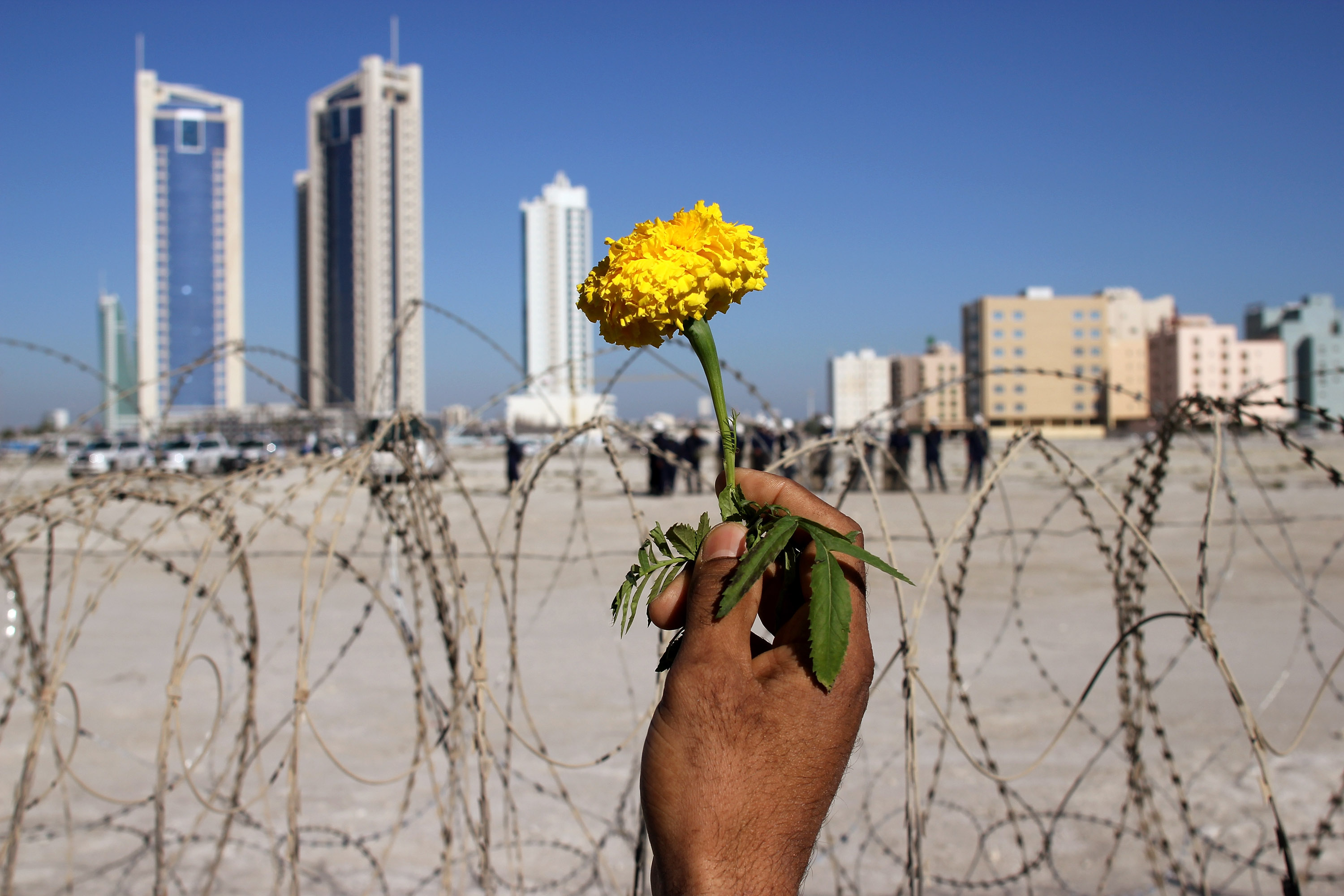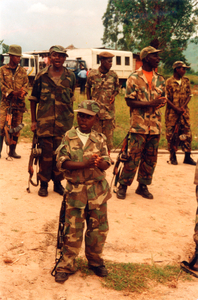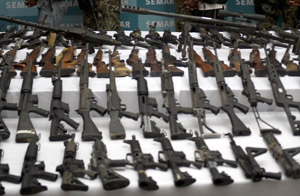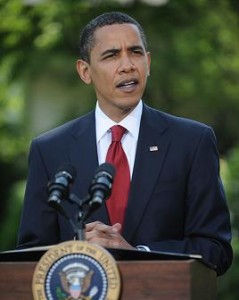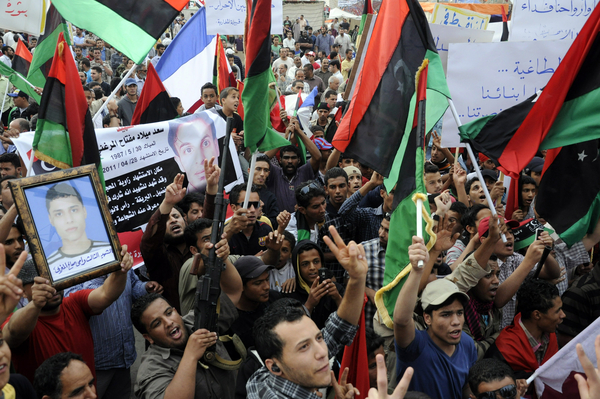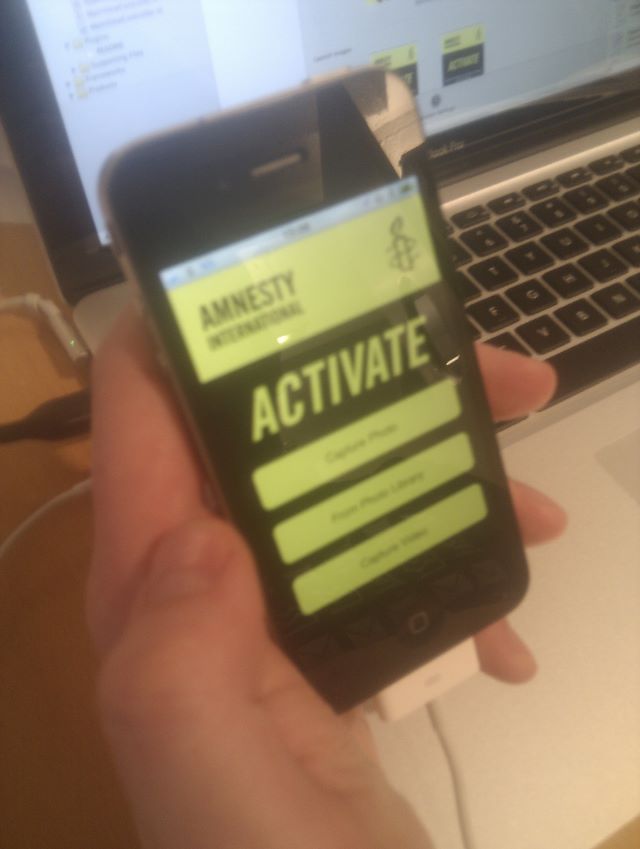
Developing an App to securely capture and transmit photo and video
In a little over a week, I’ll make my way to San Francisco to participate in an innovation event that represents the cutting edge of the promise of science and technology in the fight for human rights.
Colleagues from Amnesty International will simultaneously be convening in Berlin, and in both cities, Amnesty and their partners Random Hacks of Kindness, (with their apt slogan “Hacking for Humanity”) will seek practical solutions to the very real threats that refugees and migrants face in transit in Mexico and the Mediterranean in a two-day “hack-a-thon.”
As an aside, for those wedded to the pejorative association with ‘hack,’ ‘hacking,’ ‘hackers,’ a hackathon event is “a gathering of technically skilled individuals focusing on collaborative efforts to address a challenge, issue, or goal.” In this case, the challenge is significant.
Every year, tens of thousands of women, men and children are ill-treated, abducted or raped as they travel through Mexico without legal permission as irregular migrants. As we’ve tragically seen as people have fled Libya and elsewhere in North Africa, the “Mediterranean takes record as most deadly stretch of water for refugees and migrants in 2011“.
SEE THE REST OF THIS POST
